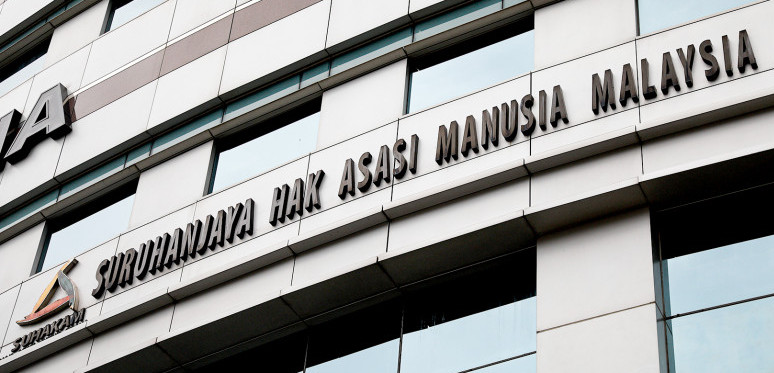MALAYSIA’s Human Rights Commission (SUHAKAM) has called on the government to re-examine the procedure and timeframe for filing cause papers for death sentence reviews.
While welcoming the initiation of Federal Court hearings for review applications post the abolition of the mandatory death penalty, SUHAKAM has expressed concern about the allocated time for this crucial process.
“In particular, the timeframe for the applicant and the lawyer to file a comprehensive review application which includes filing affidavits from family members, obtaining documents of past convictions that may not be readily available, and preparing a strong case for the review,” it said in a statement today.
The commission underscored the importance of allowing sufficient time for the preparation of a robust case, including the filing of affidavits from family members and obtaining crucial documents related to past convictions.
“SUHAKAM calls for the review process to provide justice not only substantively to the applicant but also procedurally,” it said.
Moreover, the Federal Court recently commenced the hearing of review applications brought by death row prisoners under the Revision of Sentence of Death and Imprisonment for Natural Life (Temporary Jurisdiction of the Federal Court) Act 2023 (Act 847).
This legislative change effective since Sept 12, 2023, granted the Federal Court discretionary powers to review cases involving death sentences.
The move to revise death penalty cases follows the enactment of the Abolition of Mandatory Death Penalty Act 2023 on July 4, which eliminated the mandatory death sentence for offences such as drug trafficking and murder.
Under the new legislation, judges now have the discretion to impose either the death penalty or a prison sentence ranging from 30 to 40 years.
Furthermore, if not sentenced to death, individuals may face corporal punishment in the form of whipping, consisting of not less than 12 strokes for male convicts below 50 years of age.
SUHAKAM’s call for a reevaluation of the review process is grounded in the principle of ensuring justice, not only substantively for the applicant but also procedurally.
The commission stresses the necessity of procedural fairness and due process for all parties involved, urging the authorities to provide lawyers and applicants with ample time to prepare their cases thoroughly. – Nov 16, 2023









